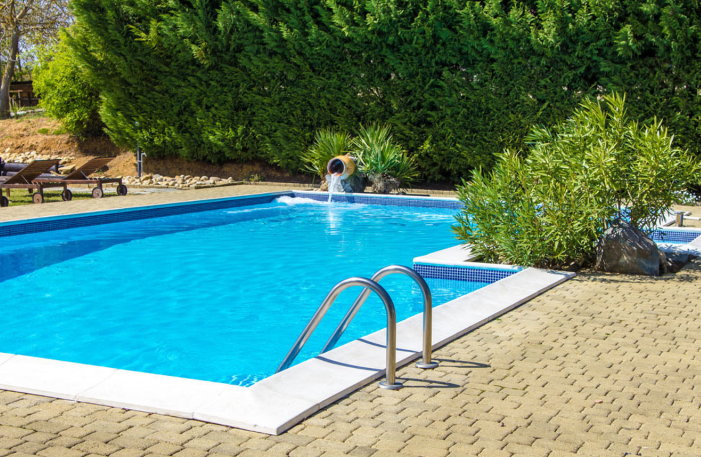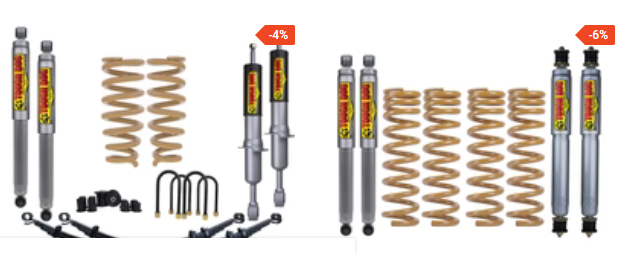Summer season is just around the corner, and this indicates it’s time and energy to prepare your pool area for the forthcoming year. A single important element of pool area upkeep is a performing pool area filter. A swimming pool filter helps to remove debris, Pool harmful bacteria, and other impurities from your h2o to keep it clean and harmless to swim in. There are actually three major kinds of swimming pool filter systems: beach sand filter systems, ink cartridge filtration system, and DE filters. Every type of filtration system features its own pros and cons, and being familiar with them will help you select the right filtration system for your pool. In this particular blog post, we will leap in to the quality of being familiar with pool area filtration sorts.
Fine sand Filtration system:
Fine sand filtration system are the most often utilized sort of pool filtration. These filters make use of a tank full of fine sand to trap contaminants and unwelcome dirt. The water is pumped to the filtration and flows with the yellow sand, which attracts the impurities. Beach sand filters need to be backwashed occasionally to flush out the taken particles. A benefit of making use of a beach sand filtering is that it’s very low routine maintenance. Fine sand filtration systems may last for approximately five-years before seeking a yellow sand alter, and they’re comparatively cheap. Nevertheless, they don’t capture debris as small as a ink cartridge filtering, and it also calls for a lot more normal water to backwash, which suggests higher drinking water consumption.
Container Filter systems:
Container filters are gaining popularity because they are better and need less upkeep than beach sand filtration systems. They employ a filter cartridge comprised of pleated polyester material to capture particles. The water needs with the pleats, trapping debris, germs, and other impurities in between them. Printer cartridge filters tend not to need backwashing like sand filtration system, which suggests less water waste. They also filtering small debris than sand filtration system, providing a better amount of purification. Nonetheless, container filtering replacements might be more pricey, and they must be washed frequently, which may cause problems to many swimming pool managers.
DE Filters:
Diatomaceous earth (DE) filtration system are the most costly kind of swimming pool filtration system, but the most effective. DE filtration system operate similarly to container filter systems, but with a twist. They prefer DE powder, an all-natural chemical produced from tiny fossils that adhere onto a grid to trap dirt. After the drinking water passes by through the DE filter, it appears out crystal-clear. DE filters are capable of holding debris as small as two to five microns, which is a better standard of filtering than beach sand or printer cartridge filter systems. However, DE filtration system need the most upkeep of all pool filter systems, making them the costliest as well as the least well-known choice in the marketplace.
Simply speaking:
In In short, deciding which type of swimming pool filtering to use is dependent upon a number of aspects such as the scale of the swimming pool area, spending budget, upkeep, and water use. Yellow sand filtration system are the most popular and low servicing form of filtering. Cartridge filtration systems will be more productive and you should not demand the maximum amount of water, but require frequent maintenance and replacing of the toner cartridges. DE filtration system are the most beneficial however are time-taking in and require the most maintenance, which can be expensive. It’s vital to study and evaluate the advantages and disadvantages for each kind of filter before making a choice. With the proper filtration, you will enjoy a sparkling clear swimming pool area all summertime extended!



